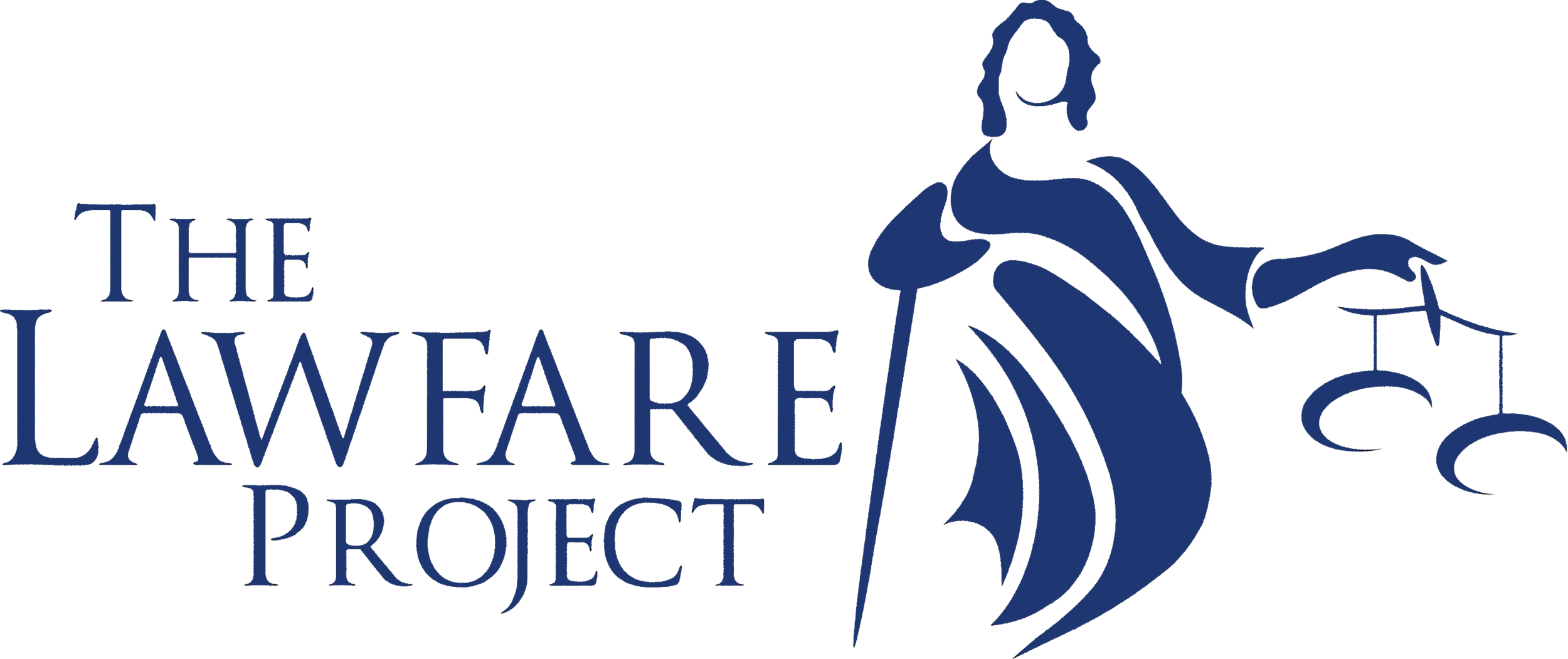Mohamed Elibiary: Countering or Enabling Violent Extremism?
Mohamed Elibiary: Countering or Enabling Violent Extremism?
By Jake Calvert
The mainstream media has long avoided open discourse on one of the most controversial and important issues of our times: Muslim Brotherhood and Islamist terror sympathizers in the U.S. government. Case in point, the minimal attention brought to Mohamed Elibiary, a senior homeland security advisor with demonstrable sympathy for the Islamic fundamentalist cause. Elibiary has publicly voiced his support for Shukri Abu Baker, who was convicted in a criminal court for financing terrorist organizations including the likes of Hamas. Equally disturbing is Elibiary’s associations with the Assembly of Muslim Jurists, who actively seek the implementation of sharia law in the United States, as well as pursuing Islamic jihad against the State of Israel. Furthermore, he has made public his personal relationship with, and support for, the Muslim Brotherhood. Only one week ago, Elibiary tweeted: “America and yes I do consider the United States of America an Islamic country with an Islamically compliant constitution. Move On!”
Even more worrying, however, is Elibiary’s ability to manipulate the policy of U.S. government and security measures in accordance with his questionable agenda. For instance, he sat on the committee that produced the Department for Homeland Security Countering Violent Extremism (CVE) Training guidelines, which (amongst other things) specifically discouraged training about lawfare. In the guidelines, security agencies are instructed not to train “premised on theories with little or no evidence to support them”—for instance, the theory that “Muslim Americans are using democratic processes, like litigation and free speech, to subvert democracy and install Sharia law.”
Except that thereis ample evidence supporting this theory! As has been reported and analyzed extensively by The Lawfare Project, Islamist organizations operating within the United States have filed countless frivolous lawsuits against individuals who bravely report on entities’ ties with terrorist groups with the purpose of intimidating these speakers into silence. Ironically, the CVE guidelines are better suited to hinder, rather than strengthen, the U.S. government’s ability to counter violent extremism.
Jake Calvert is a Student Fellow of The Lawfare Project.
